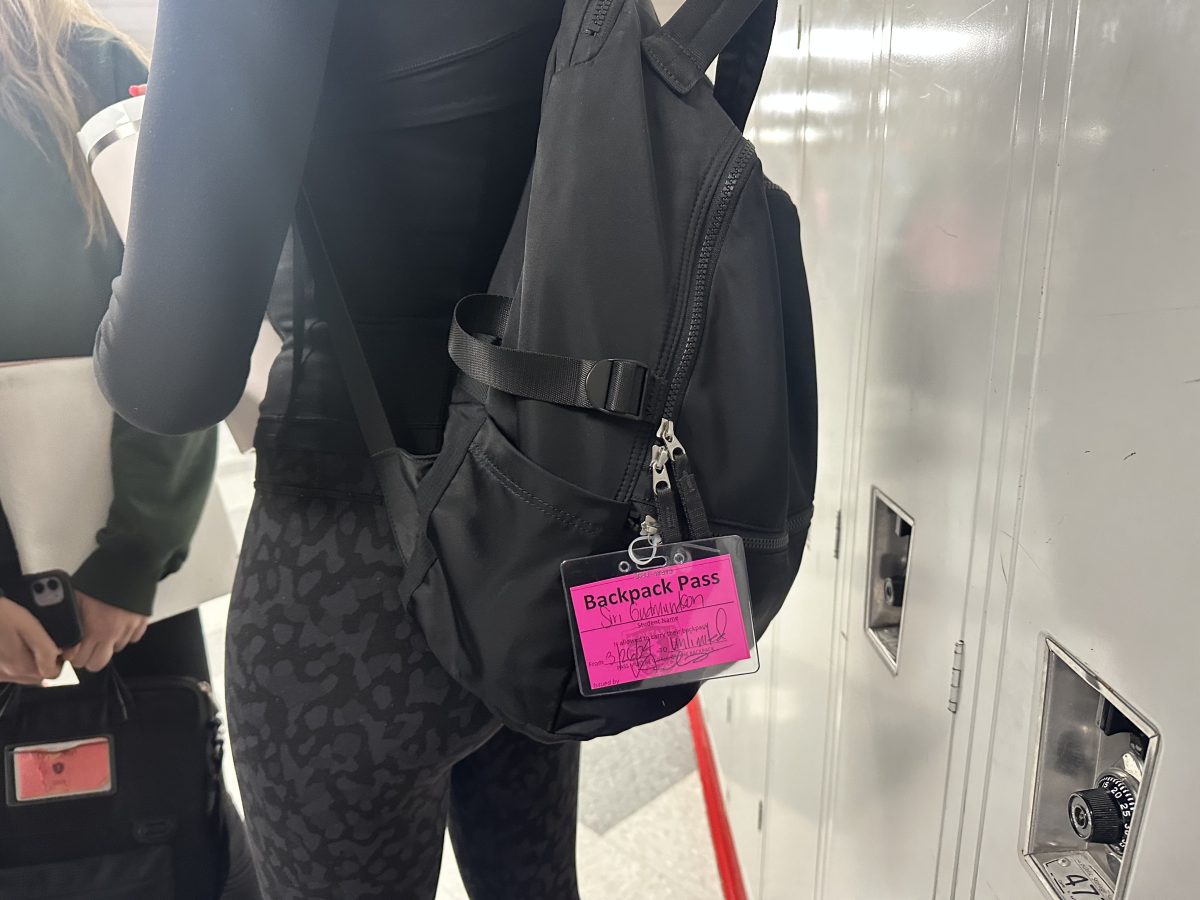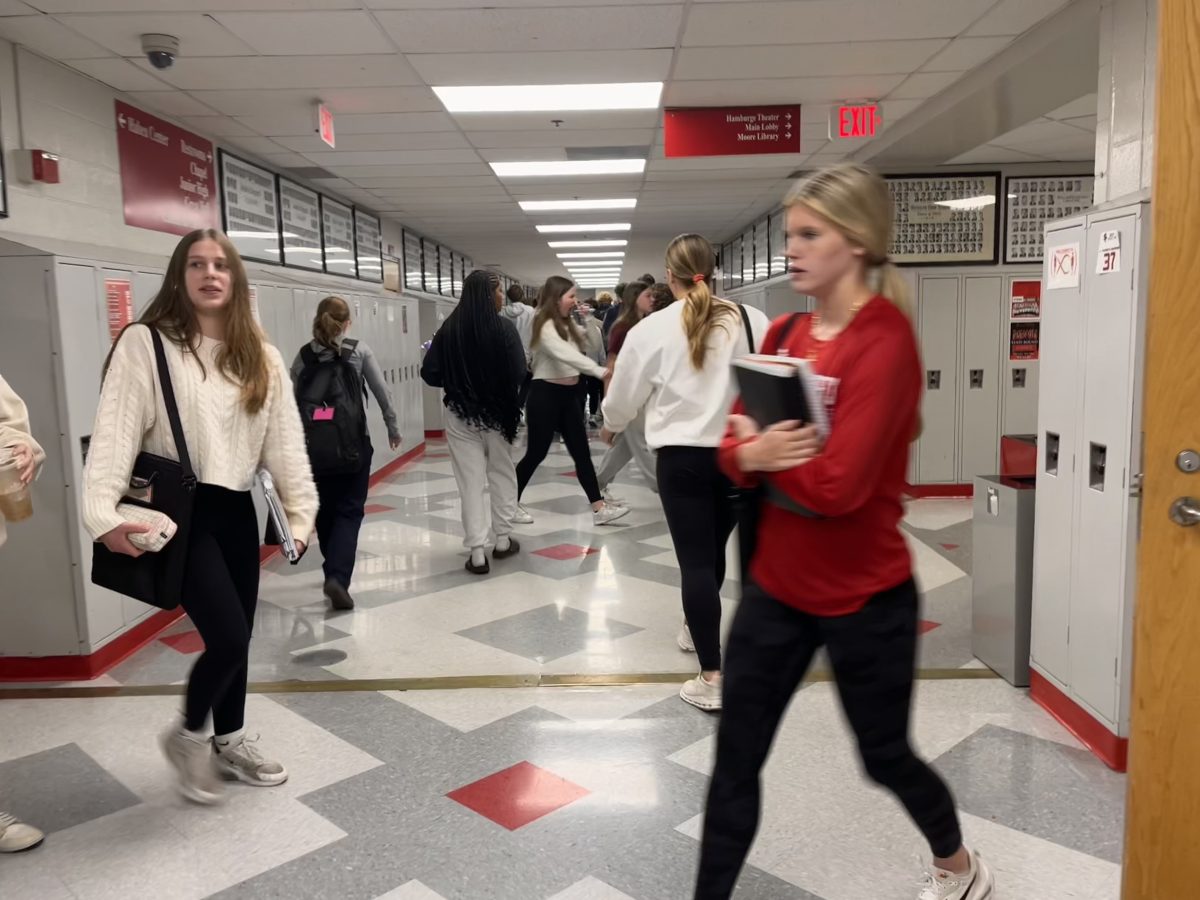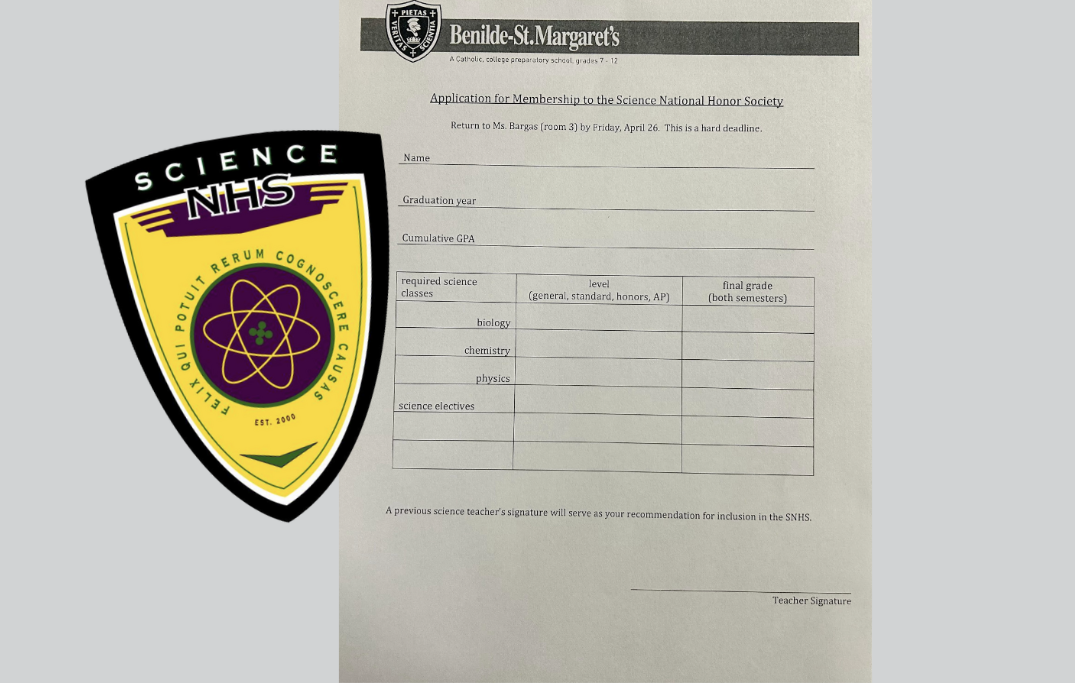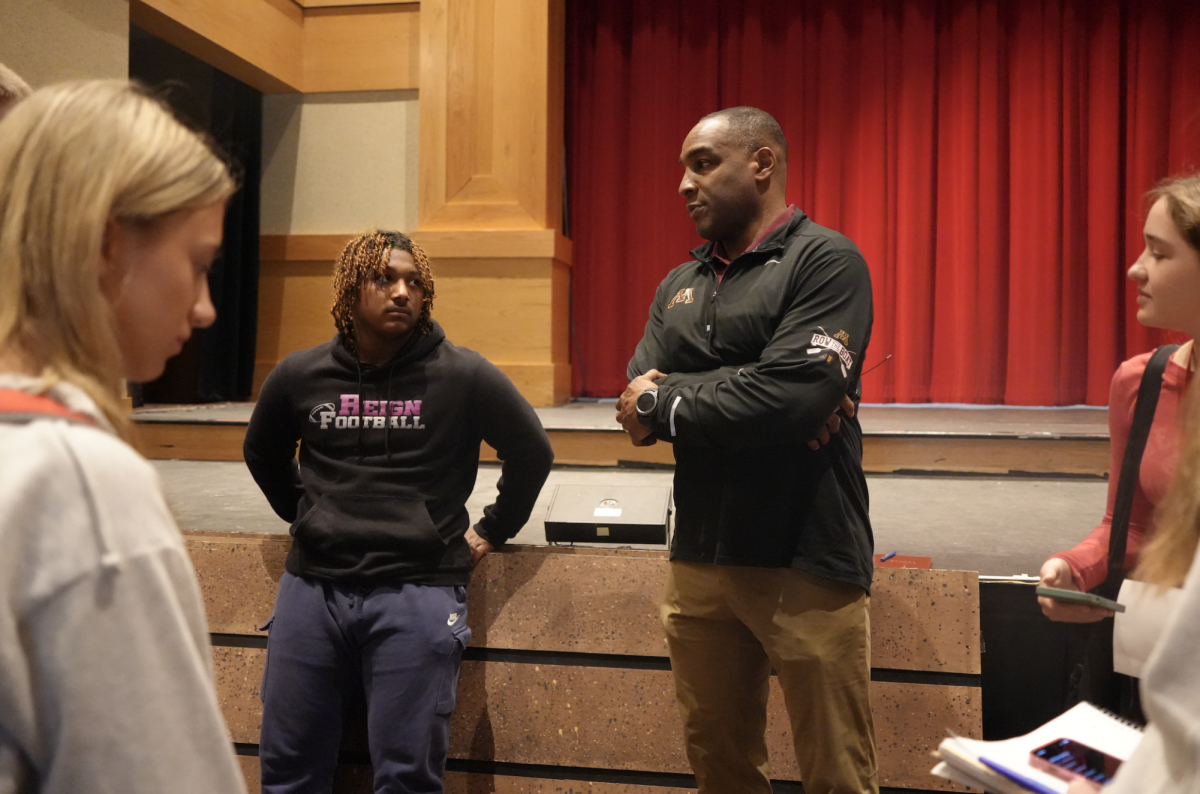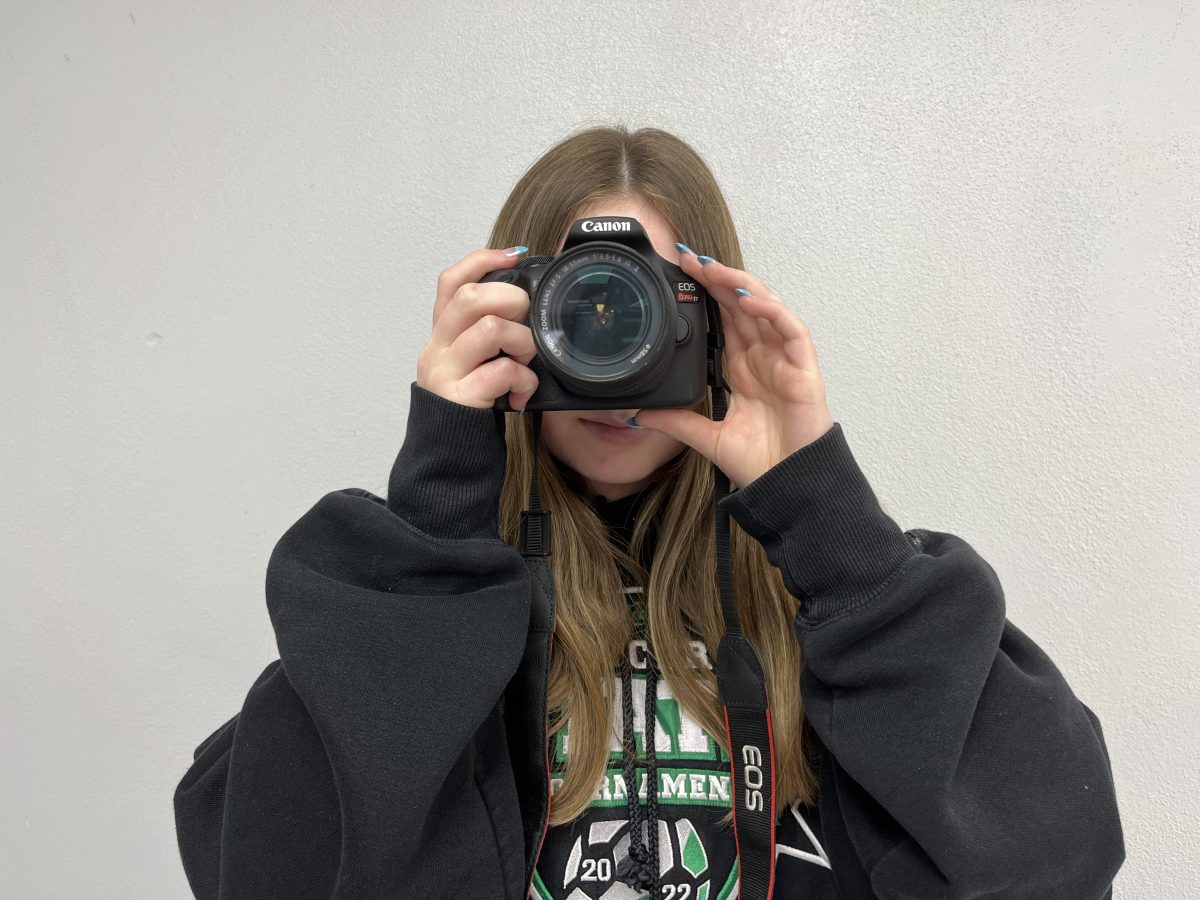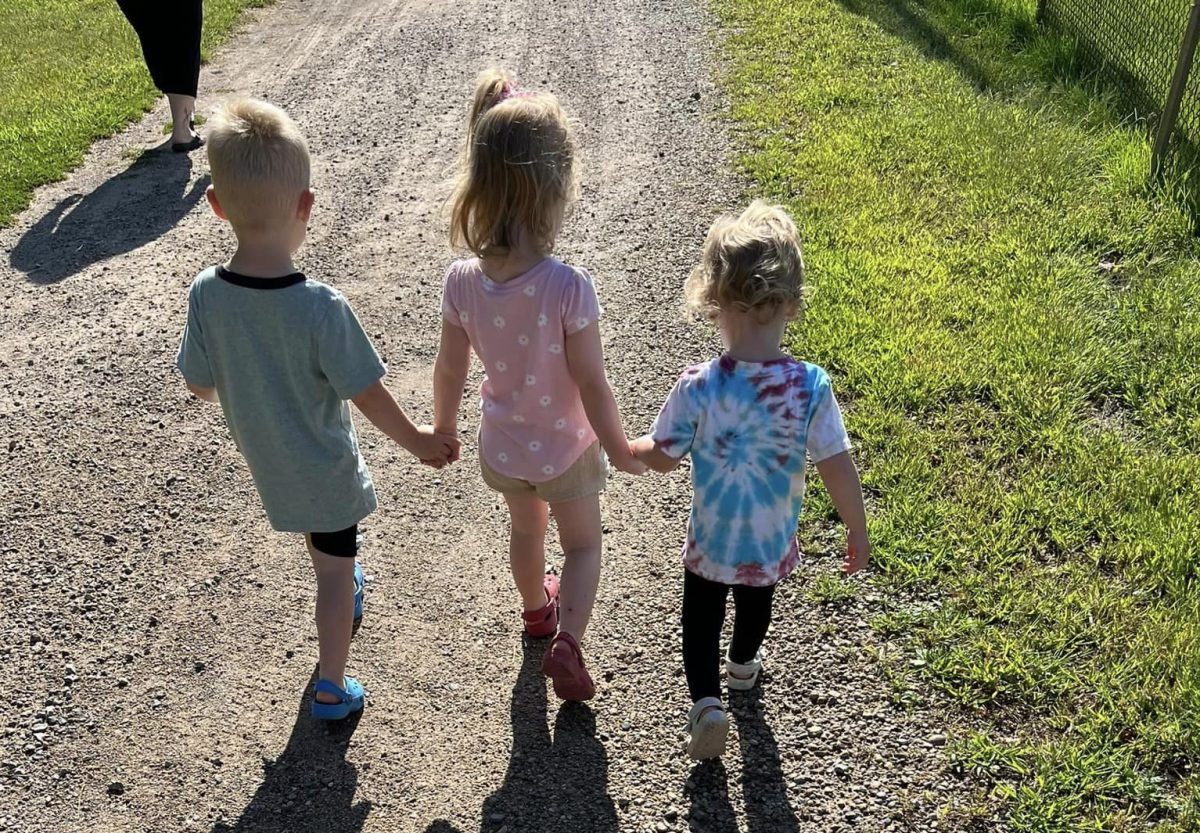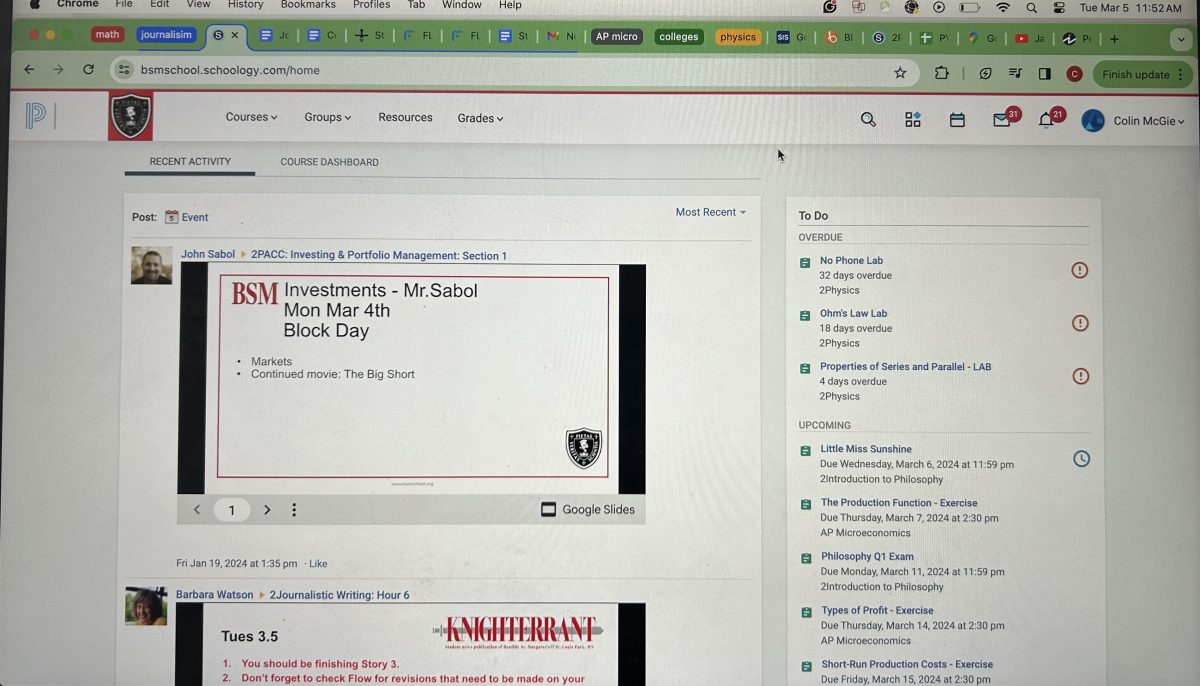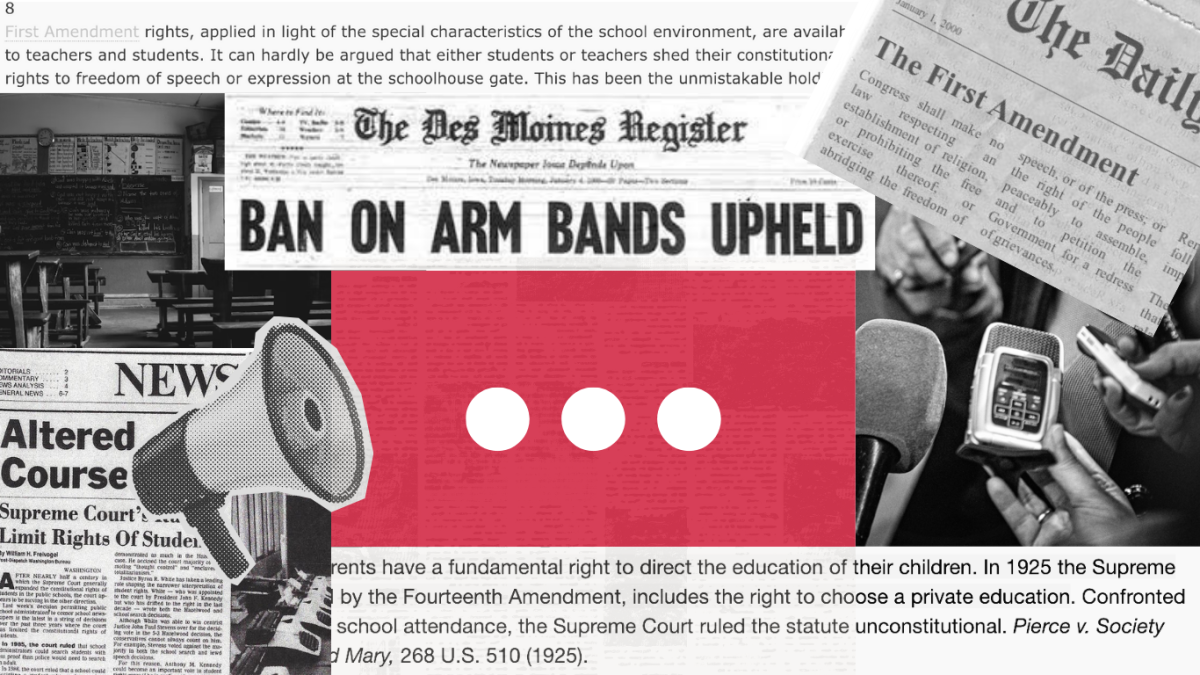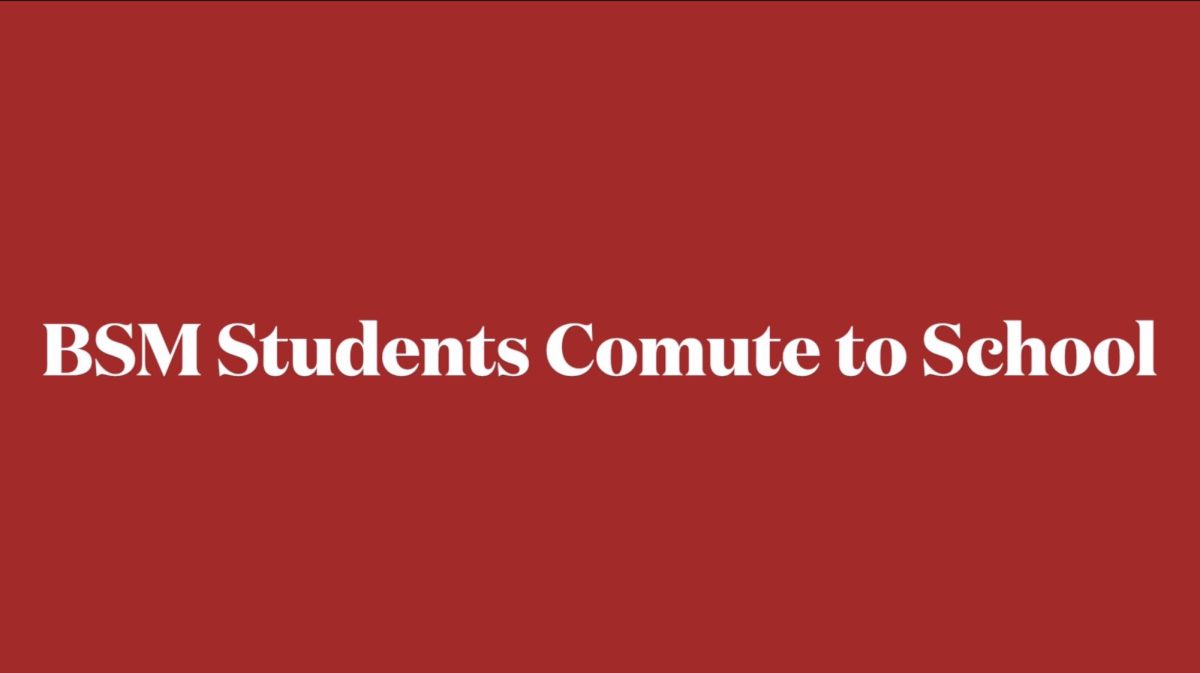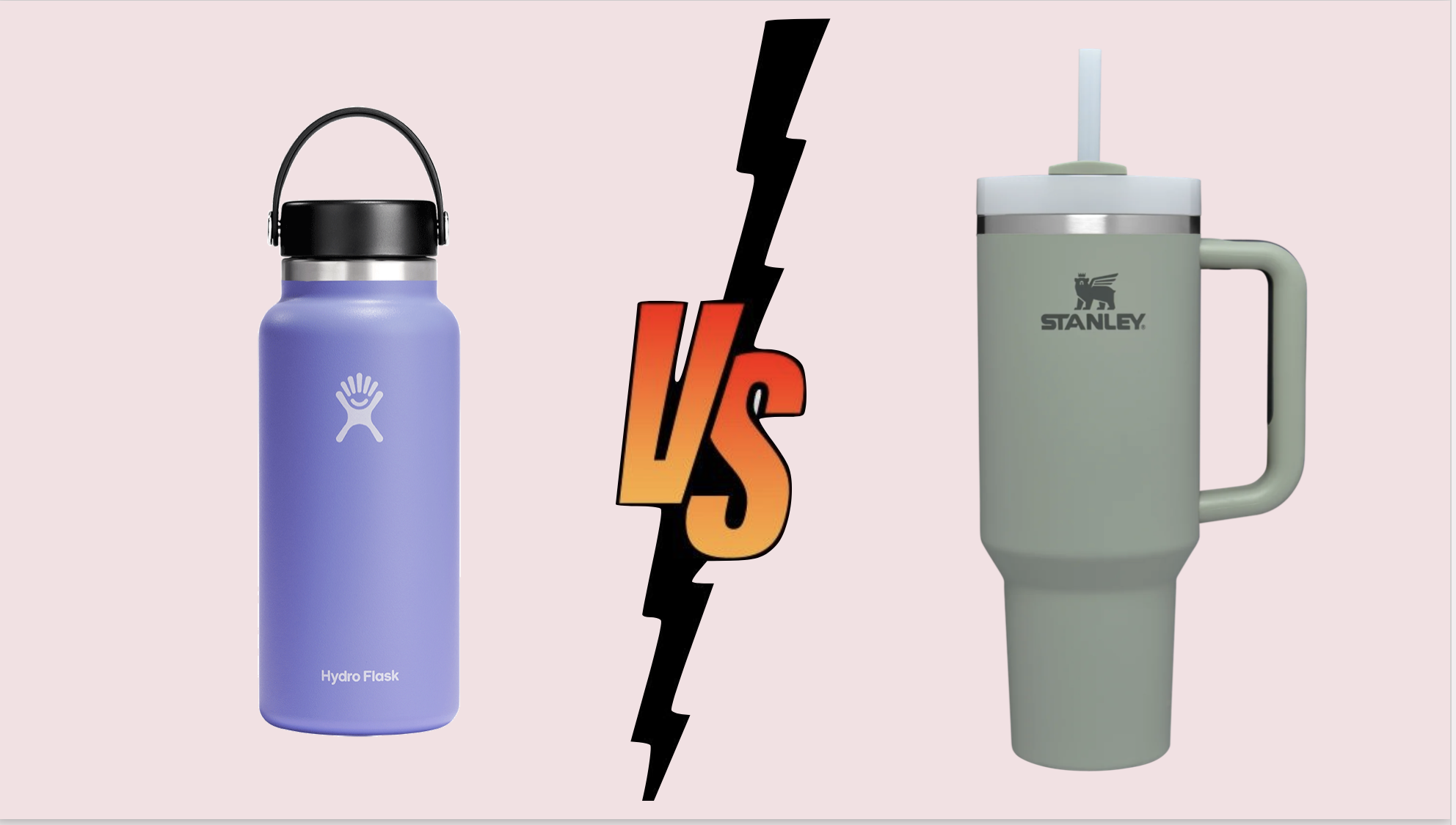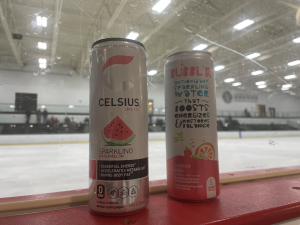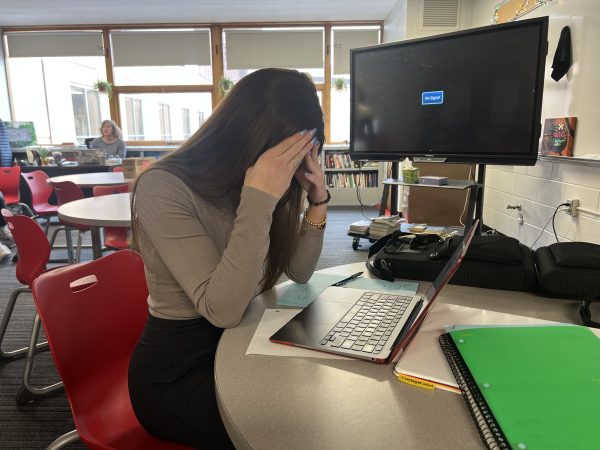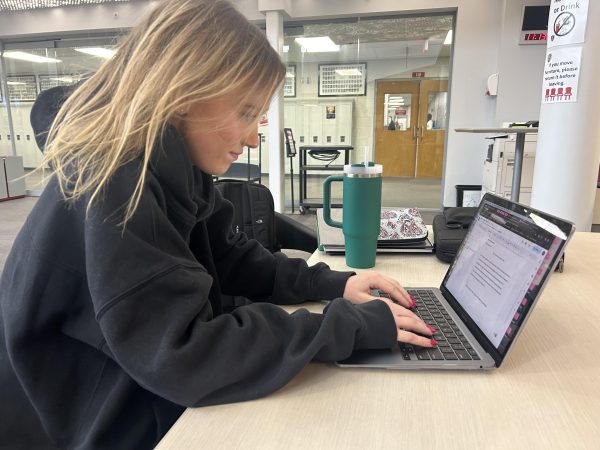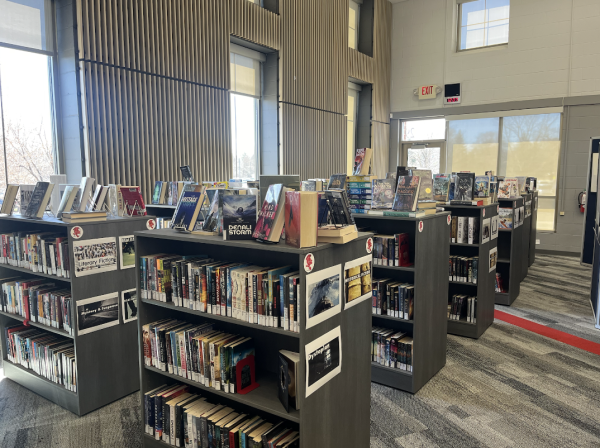Staff Ed: Teens’ use of social media makes others feel ostracized
December 19, 2016
As high school students living in a world seemingly dominated by social media, our number of followers, views, and likes are of the utmost importance. Not a weekend goes by without seeing what someone we follow has done––perhaps it was attending a party, having dinner with close friends, going to a concert, or causing mayhem in the dark hours of the night. However, when someone doesn’t get the invitation and sees others having fun, it can lead to destructive behavior that compensates for “missing out.”
Many of these posts are designed to prove to our classmates that we have a social life––which is why in many snap stories or Instagram photos there are other people present. It provides an image of popularity that cures the “fear of missing out,” or FOMO. By constantly showing off our social lives, we are indirectly hurting our peers.
When others see these posts, it creates a sense of urgency to imitate this behavior. While there is nothing wrong with a quiet Saturday night alone or with family, many feel the need to party and go out to prove they are as social as the people they saw on social media earlier.
When students are inundated with images of their peers constantly surrounded by friends, partying every weekend, even drinking, FOMO can become a real issue. A large part of high school involves fitting in. If people perceive a classmate’s life as constant partying, they may feel pressured to partake in such activities. When our social media posts encourage others to forgo studying or finishing their homework, it becomes detrimental to their education and development.
Just as some of us choose to party to cope with FOMO, others we know can be affected by our actions. They may choose to never go out and not want to be around people. This can lead to self-harm, mental disorders, even suicide. The feeling of being excluded is too much for some to handle.
It is hard to put the phone down–– it is our means of communication, entertainment, and information. However, we have the power to control what we post. It is up to us to take the initiative and stop constantly posting.
Social media is a great tool, especially for students our age. However, when we post pictures and videos just to prove we’re not missing out, it can seriously hurt those around us. The next time we feel the need to post a picture with our friends, we all should put the phone down, and instead simply enjoy the moment.


